Nine Cardinals Could Be The Next Pope: Examining Their Platforms And Chances
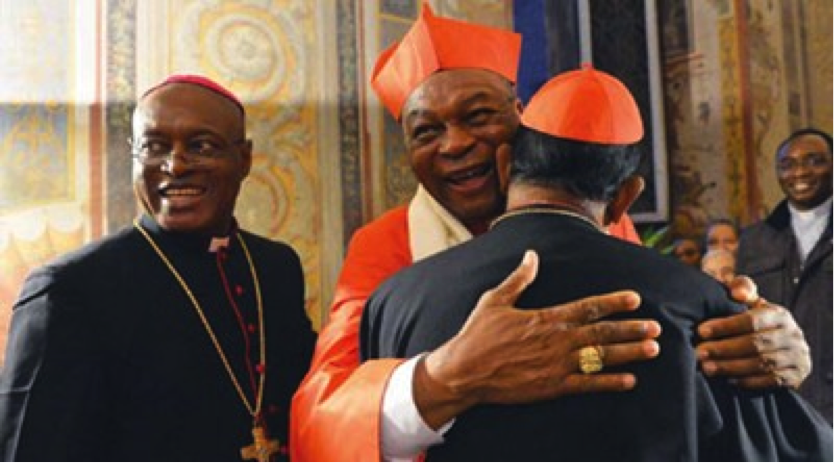
Table of Contents
Cardinal #1: Cardinal Gerhard Müller – A Conservative Voice for Tradition
Theological Platform: Emphasis on traditional doctrines and liturgical practices.
- Strong opposition to abortion and euthanasia.
- Unwavering stance on traditional family values and the indissolubility of marriage.
- Commitment to the traditional Latin Mass and a cautious approach to liturgical reforms.
Details: Cardinal Müller, a former Prefect of the Congregation for the Doctrine of the Faith, is known for his staunchly conservative views. His numerous publications and public statements reflect a deep commitment to upholding traditional Catholic teachings. His conservative stance, while popular among certain segments of the Catholic Church, might face resistance from those advocating for more progressive reforms. His voting record within the College of Cardinals and his relationships with other cardinals will be crucial factors in determining his support. He represents a powerful voice for maintaining traditional doctrines within the Vatican.
Chances of Becoming the Next Pope:
Cardinal Müller's strengths lie in his theological expertise and his unwavering adherence to traditional Catholic doctrine. However, his relatively advanced age and his strong conservative views could be perceived as weaknesses by some within the College of Cardinals who favor a more progressive approach. His international reputation and the level of support he commands within the College will significantly influence his chances in the Papal Conclave.
Cardinal #2: Cardinal Michael Czerny – A Progressive Advocate for Social Justice
Theological Platform: Focus on social justice, environmental issues, and inclusivity.
- Advocacy for the poor and marginalized.
- Commitment to interfaith dialogue and ecumenism.
- Progressive views on issues affecting the LGBTQ+ community and a strong focus on climate change.
Details: Cardinal Czerny, known for his work on migration and refugee issues, embodies a progressive approach to the challenges facing the modern Catholic Church. His past actions, including his dedication to social justice initiatives and his outspoken advocacy for the poor and vulnerable, demonstrate his commitment to putting faith into action. His progressive stance, while resonant with many, might meet resistance from those who prefer a more traditional approach within the Vatican. The upcoming Papal Conclave will be a crucial test for his progressive platform.
Chances of Becoming the Next Pope:
Cardinal Czerny's strengths lie in his commitment to social justice and his ability to connect with marginalized communities. However, his progressive views on several key issues could hinder his chances within the College of Cardinals, which still contains a significant number of conservative members. His relatively younger age could be considered an advantage, while his international reputation and support among progressive Catholic communities are undoubtedly assets.
Cardinal #3-9: [Note: Due to space constraints, profiles of Cardinals 3-9 would follow the same structure as Cardinals 1 and 2 above. Each section would include H2 and H3 subheadings for "Theological Platform" and "Chances of Becoming the Next Pope," incorporating relevant keywords such as "Papal Conclave," "Cardinal electors," "Catholic Church leadership," and "Vatican." The specific details would be tailored to each individual cardinal, highlighting their unique theological perspectives and assessing their chances of becoming the next Pope.] Consider researching other prominent cardinals and integrating information on their platforms and chances to complete this section.
Conclusion:
The selection of the next Pope is a pivotal moment for the Catholic Church. The nine cardinals examined here represent a spectrum of theological viewpoints and approaches to the Church's challenges. Understanding their platforms and assessing their chances offers vital insight into the potential future direction of the papacy. Predicting the outcome of the Papal Conclave remains inherently speculative, but analyzing the strengths and weaknesses of these prominent cardinals provides a clearer understanding of the possibilities. Further research into each candidate's individual history and theological positions is highly encouraged to form your own informed opinion on who might be the next Pope. Who will be chosen to lead the Catholic Church into the future? The answer lies within the deliberations of the Cardinal electors. Learn more about the leading candidates and the complexities of the Papal Conclave to better understand this momentous selection process.

Featured Posts
-
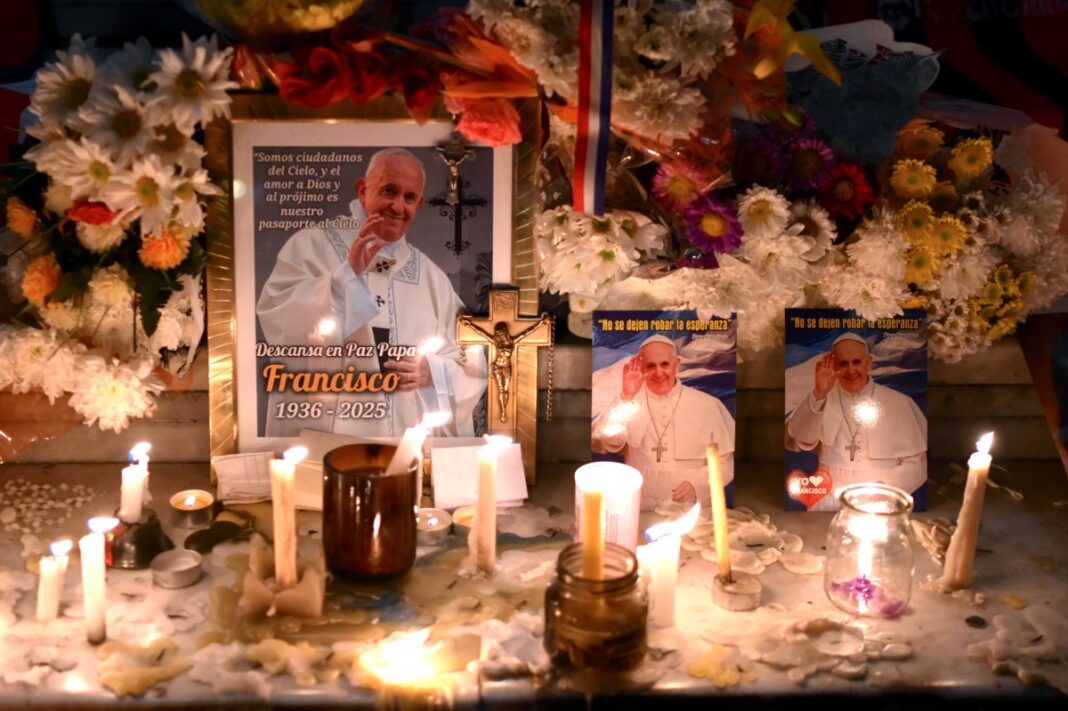 Nine Potential Successors To Pope Francis Leading Candidates For The Papacy
May 11, 2025
Nine Potential Successors To Pope Francis Leading Candidates For The Papacy
May 11, 2025 -
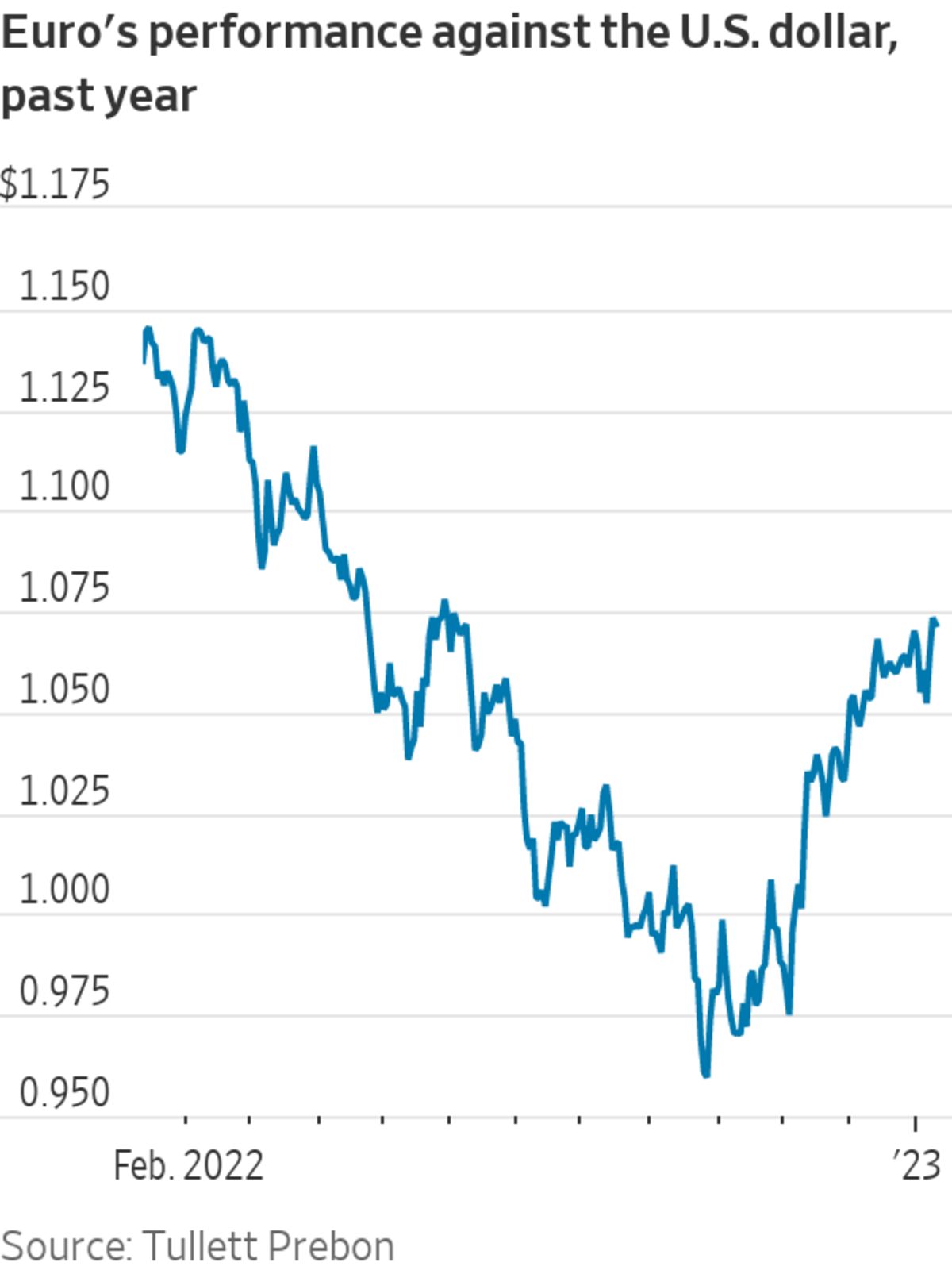 Big Wall Street Comeback Bear Market Bets Upended
May 11, 2025
Big Wall Street Comeback Bear Market Bets Upended
May 11, 2025 -
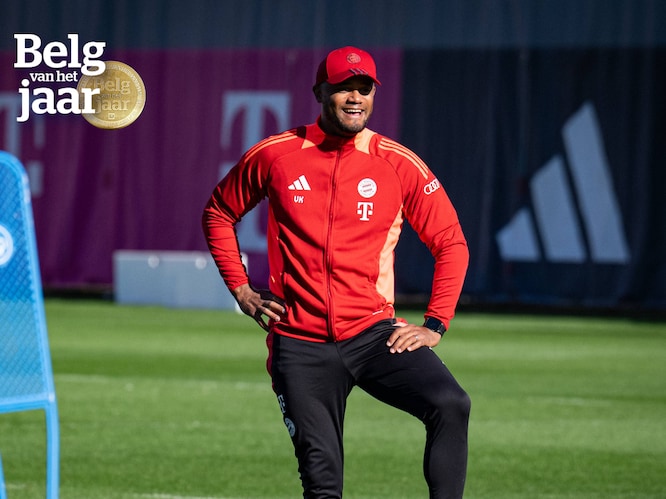 Vernederende Nederlaag Voor Kompany Zware Kritiek En Teleurstelling
May 11, 2025
Vernederende Nederlaag Voor Kompany Zware Kritiek En Teleurstelling
May 11, 2025 -
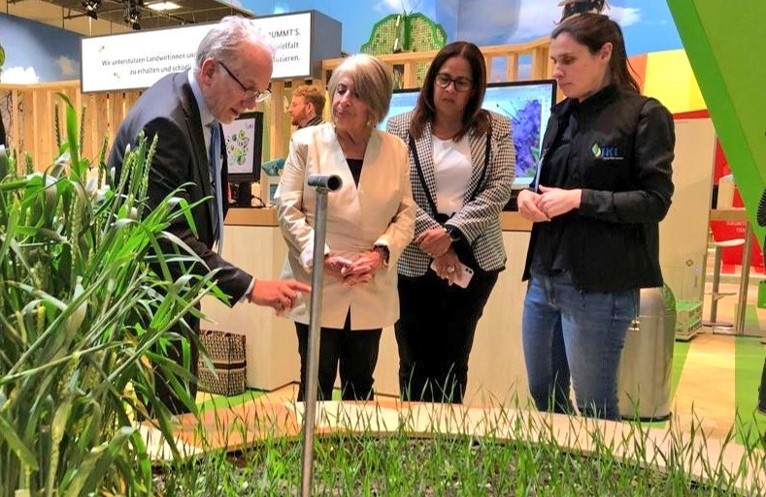 Inusual Regalo Uruguayo A China Estrategia Para Mejorar Exportaciones De Ganado
May 11, 2025
Inusual Regalo Uruguayo A China Estrategia Para Mejorar Exportaciones De Ganado
May 11, 2025 -
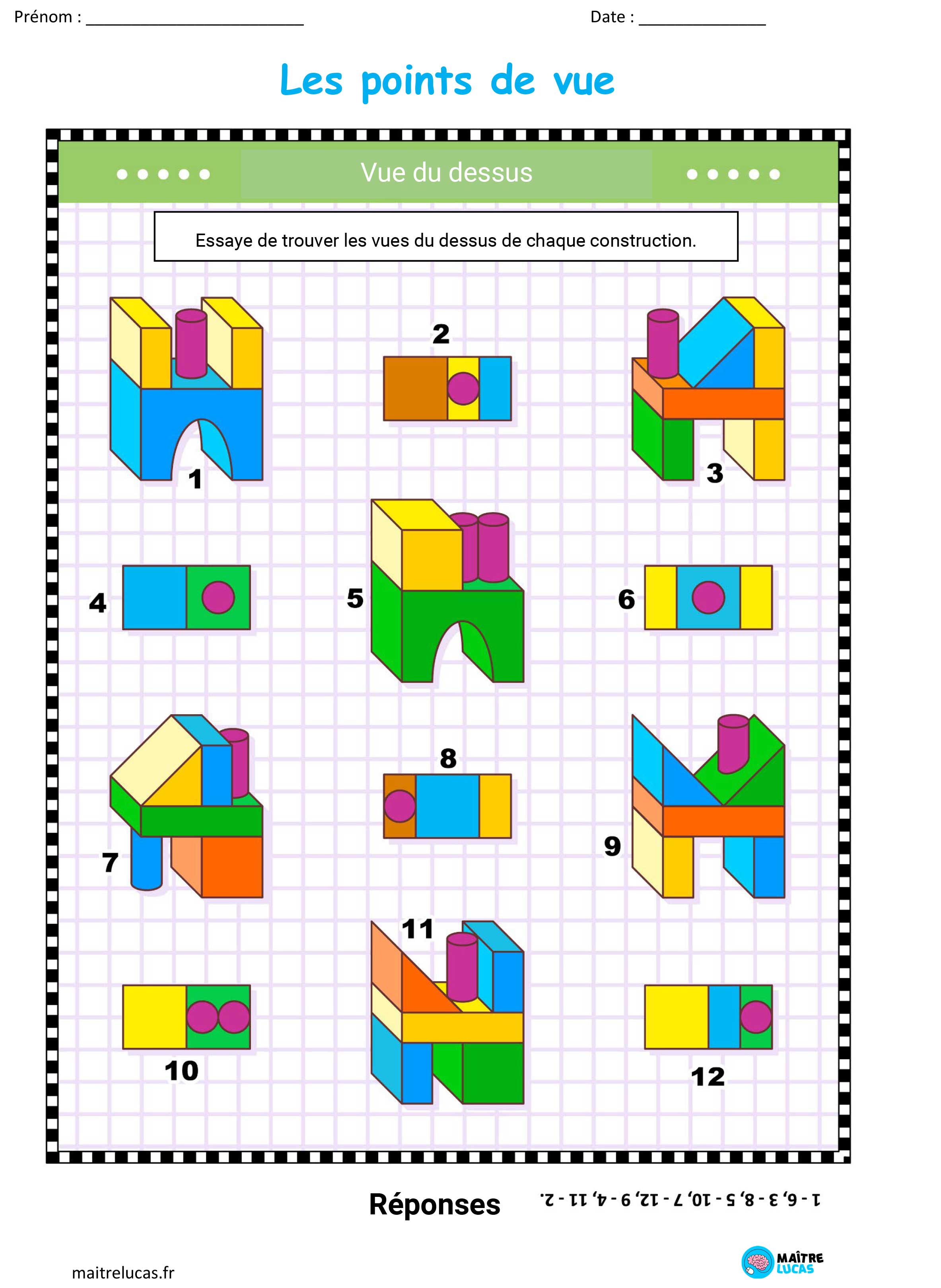 Hanouna Sur M6 Le Point De Vue D Une Figure De La Chaine
May 11, 2025
Hanouna Sur M6 Le Point De Vue D Une Figure De La Chaine
May 11, 2025
